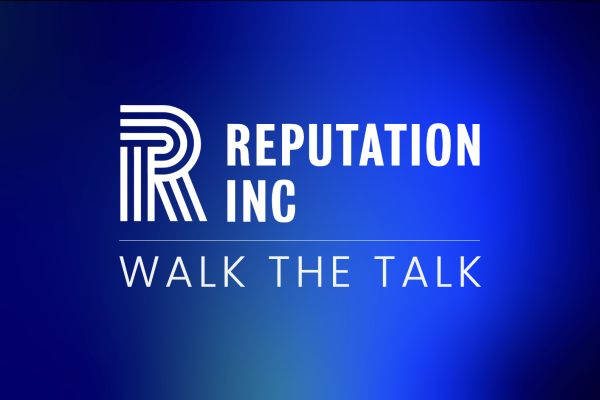
Know your reputation
Reputation is integral to a company's success. How key stakeholders feel about a business determines whether it develops and flourishes or withers and dies. Smart business leaders have been aware of this for decades. Increasingly, however, the importance of reputation management is being understood by companies of every size and from every sector. And, as reputation takes on a more central role in the corporate mindset, far-sighted companies are determined to understand more about how it works externally and how it can work more effectively for them internally.
In other words, business leaders are demanding a more strategic reputation management capability reputation function. A number of chief executives, frustrated by their companies' strategic development processes, are looking to reputation managers to inform and influence strategic thinking. Instead of seeing reputation as a risk management tool, they are beginning to see it as a crucial element in the evolution of strategic direction.
As their interest in the role of reputation grows, so does their desire to make it accountable. They need to know what it is doing before they can begin to make better use of it. This is not just an operational imperative but a financial one too. The economic climate has encouraged executives to look closely at the effectiveness of every business function and reputation management is no exception.
Traditionally, reputation measurement has been neither rigorous nor reliable. Companies relied too much on league tables, ad hoc surveys, omnibus studies and simple brand tracker studies to inform their reputation management strategies. In some cases a random set of attributes is suggested as a definitive view on a company's reputation and then a random set of stakeholders is targeted for its opinions. The results tend to present what one set of stakeholders or even several individuals think about a given area. They rarely provide a holistic picture that companies can use to gauge their reputation today and the risks that may affect their future success.

Yet, done properly, reputation insights can be invaluable as companies consider their strategic direction, both in terms of the opportunities and the challenges that lie ahead. As business leaders recognise this opportunity, they are increasingly holding reputation managers to account. A growing number of reputation managers - and corporate communications directors - are stepping up to the plate. Using sophisticated analytical tools, they are measuring corporate reputation on every level and using the results in a variety of ways. These tools take time to develop but are straightforward to implement. The results can be transformational, delivering a comprehensive, integrated overview of the way in which a company is perceived and the potential risks and opportunities around its reputation, across different geographies and different stakeholders.



